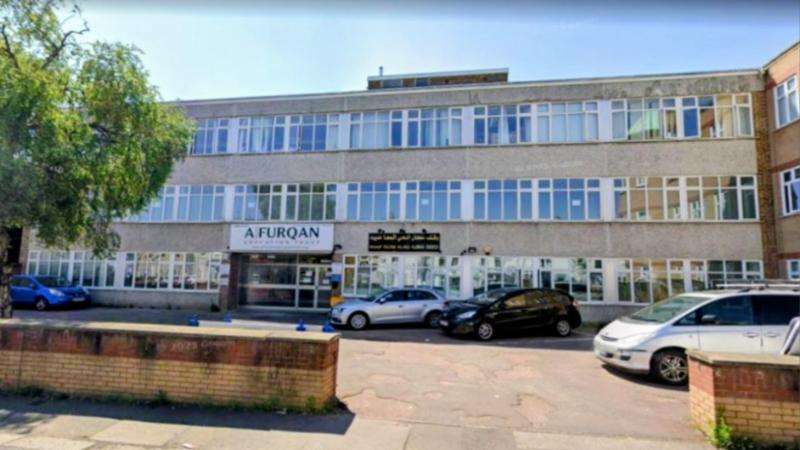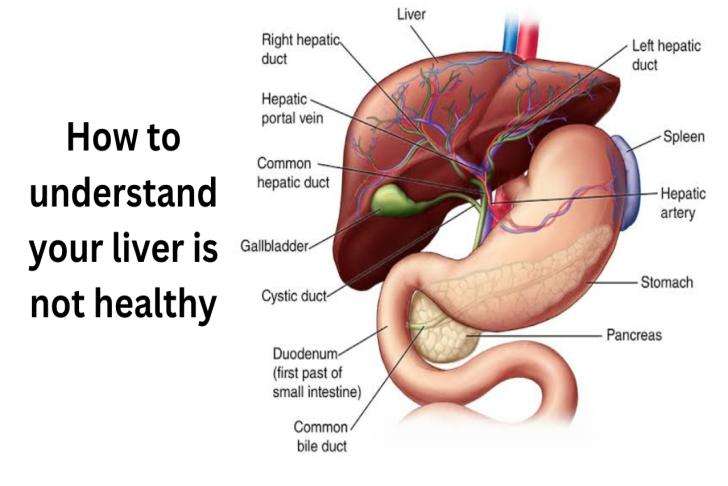The liver is one of the body's essential organs, and it is situated in the upper right area of the belly. In addition to producing bile, it stores specific vitamins and minerals and filters the blood. Your entire body is affected when your liver isn't working properly. If your liver's health weren't at its best, could you tell? Here are a few indicators of liver disease.
Digestive problems
Many things can cause digestive problems. Perhaps you eat too much fat or sugar, or you go overboard on sodas and coffee. But frequent digestive issues could be a sign of a serious problem with your liver. If your discomfort doesn't go away, consult a doctor.
Heavy liver
One of the most typical indicators that the liver may be in trouble is if it feels heavy. But don't lose hope. It is not always the case that having a heavy liver indicates liver cancer. Most likely, your liver is simply clogged. If you cut back on fat in your diet, most of the discomfort should go away. If your symptoms don't go away, schedule a visit with your doctor.
Stomach pain
Persistent pain on the right side of the abdomen should set off alarm bells. You may be suffering from appendicitis. However, if the pain is located in the upper abdomen and extends to the right shoulder, you may have liver cancer.
A palpable mass beneath your thoracic cavity
Should you find a lump under your right thoracic cavity, it can be an enlarged liver. One reason this organ could enlarge is cancer. Sadly, liver cancer doesn't usually exhibit its early symptoms until the illness has progressed significantly. Therefore, in order to prevent more harm, you should consult your physician as soon as this symptom appears.
Extreme fatigue
Fatigue is not necessarily linked to liver problems. A simple virus can take you out of the game for a few days. On the other hand, if you feel extremely fatigued for several days and are unable to complete daily activities, head to the doctor's office. An ailing liver (a fatty liver or one affected by liver cancer or cirrhosis, for example) has difficulty storing the vitamins and minerals that the human body needs to function properly, which can keep you from feeling your best.
Decreased appetite
Losing your appetite can have several causes. You may be depressed or anxious. However, if you've hardly eaten a thing in several days, you may have cirrhosis of the liver (especially if you are a heavy drinker), hepatitis, or even liver cancer. In any case, consult a health professional.
Jaundice
It is simple to identify jaundice. This disease is characterized by yellow skin and mucous membranes, which are indicative of an excessive buildup of bile pigments in the blood and tissues. These symptoms frequently indicate that the liver isn't working properly, possibly as a result of Gilbert's syndrome, hepatitis, liver damage, or liver cancer.
Pale stools
You might not realize how much information about your health can be gleaned from your bowel movements. For example, if your feces appear paler than usual, it could be a sign of liver problems. However, wait a few days to check if the discoloration is just a result of something you recently ate before rushing to the doctor.
Diarrhea
It is not harmful to occasionally have diarrhea. You might have had a gastroenteritis attack or eaten something that didn't sit well with you. Chronic diarrhea, on the other hand, may stem from digestive tract problems. Your colon or liver is probably in bad shape. A visit to your doctor is likely to shed some light on the problem.
Small white bumps near your eyes
Small white lumps that develop near the eyes are only one of the many odd symptoms of primary biliary cholangitis, a chronic liver condition. This is not a disease to be taken lightly, since left untreated it can progress to cirrhosis.
Also, there are some other reasons

_8.jpg)
_5.jpg)
_8.jpg)




.svg)
